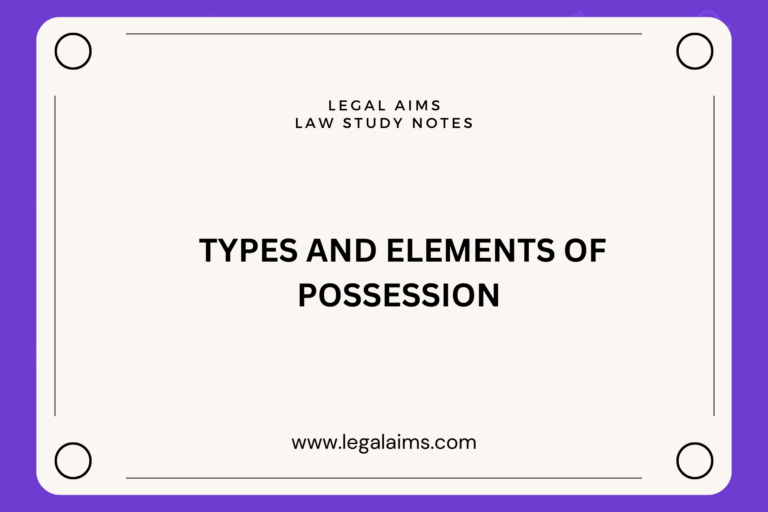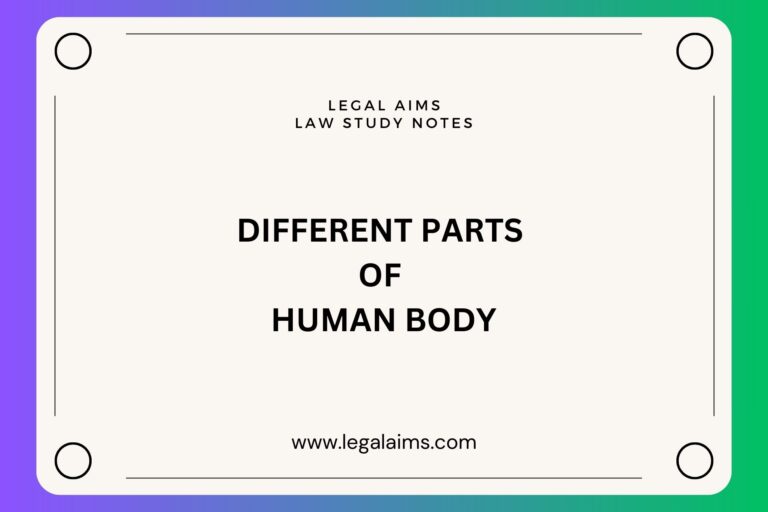Analytical School of Jurisprudence
Analytical School of Jurisprudence
- SALMOND prefers to divide jurisprudence into three major schools.
- Analytical
- Historical
- Ethical
- The analytical school was also known as the various name
- Imperative school – sovereign, command, sanction.
- English school – all jurist belongs to England.
- Positive school – deal with the law as it actually exists.
- Austinian school – AUSTIN is the father of this school.
- It deals with law as it exists in the present form.
- It neither concerned with the past nor with the future of it, but they confine the law as it actually exists i.e. positus.
JEREMY BENTHAM [1748-1832]:
- He is considered to be the founder of positivism in the modern sense of the term.
- He preferred to divide jurisprudence into two parts :
| 1. Expository or analytical jurisprudence | 2. Censorial Jurisprudence |
| concerned with law as it is | concerned with the science of legislation law ought to be. |
- BENTHAM rejects the theory of natural law and co-related law with sovereignty and utility.
- BENTHAM utilitarianism:
- Also known as “ Doctrine of Hedonism”.
- BENTHAM was an individualist.
- Supported the principle of LAISSEZ – FAIRE which meant minimum interference of the state in the economic activity of the individual.
- According to BENTHAM utility is the tendency of a thing to prevent some evil or procure some goods.
- According to him, the aim of the law is the greatest happiness of the greatest number.
- According to him the good and evil of action should be measured by the quality of pain and pleasure.
- The task of govt. was to promote the happiness of society by furthering the enjoyment of pleasure and affording security against pain.
- The function of law must be to meet these ends i.e. to provide subsistence, to produce abundance to favor equality, to maintain security.
- Consideration of morality had no place in BENTHAM’S utilitarian approach.
- BENTHAM views on justice :
- Bentham’s perceptions of justice are based on a system of values or norms and each society has its different norm. The individuals living in the society have to conform to the set values and rationalize their conduct accordingly. If they do not, there would be a conflict of interest. If there is no conflict of interest, there would be no need for justice.
- Criticism against Bentham :
- His theory fails to balance individual interests with the interests of the community.
- His theory pleasure and pain alone cannot be the final test of the adequacy of law.
- Bentham was against the judge-made law but in modern scenario it is necessary.
- The ethics of principle of the greatest happiness of the greatest number need logical thinking or authenticity.
- JOHN AUSTIN:[1790-1859]
- According to him, jurisprudence is the philosophy of positive law.
- Father of English jurisprudence.
- Austin published the province of jurisprudence determined in 1832.
- He divides jurisprudence into two parts.
- According to him, there are four essentials attributes of positive law.
- Command
- Sanction
- Duty
- Sovereignty
- He treated jurisprudence as a science.
- According to him, positive law Meant :
Austin’s imperative theory of law :
- ALLEN prefers to call Austin’s analytical school an imperative school.
- According to him, AUSTIN defines law as a rule laid for the guidance of intelligent beings by an intelligent being having power over him.
- He divides the law into two parts :
- Command and duty are co- relative and fear of sanction is a motive to obey that command i.e. law.
- CRITICISM :
- Classification of jurisprudence into general and particular is unscientific.
- He overlooked the custom.
- No agency for judge-made laws and law-making agencies has been accepted in modern times.
- Treats international law as a mere morality.
- Ignore inter- the relationship between law and morality.
- The indivisibility of sovereignty was criticized.
- SIR THOMAS ERSKINE HOLLAND [1835-1928]:
- He characterized jurisprudence as the “Formal science of positive law” .
- Classic work “Elements of jurisprudence” 1880.
- Reject the AUSTINIAN division of jurisprudence because he treats jurisprudence as a science and science can never be particularised.
- CRITICISM:
- dias disagreed with holland’s comparing jurisprudence with geology on the ground that the substance and the force of law are not the same everywhere law being a social institution, varies according to the varying traditions, values, and structure of the society.
- SIR JOHN SALMOND [ 1862-1924]:
- According to SALMOND jurisprudence is the science of the first principles of civil law.
- Classic work of SALMOND:
- Jurisprudence and legal theory
- Law of torts
- Principles of the law of contract
SALMOND observed that as the science of law there may be three kinds of jurisprudence
- According to SALMOND object of the law is to provide justice to all.
- According to SALMOND law is not only the right nor only the power but law is the absolute union of both right and power.
- HERBERT LIONEL ADOLPHUS HART [ H.L.A HART ](1907):
- Born in 1907
- Reject AUSTIN’S theory of analytical positivism.
- Classic work “The Concept of Law”.
- HART’S Conception of Law :
- According to HART, the law is a system of two types of rules the union of which provides key to the science of jurisprudence.
- Also known as Dual Rule of Law.
- Theory of Dual rule
- Theory of Primary and Secondary rule
Rule of Recognition :
- Rule of recognition is rules which are recognized by superior authority and are binding on citizens, officers, courts, legislatures, etc.
- According to HART rule of recognition is the sole rule in a legal system whose binding force depends upon its acceptance,
- According to HART the validity of the law is to be tested on the basis of the rule of recognition which is similar to AUSTIN’S conception of sovereignty.
- KELSON’s theory is based on the pyramidical structure of the hierarchy of norms that derive their validity from the basic norm which he termed grundnorm.
- Grundnorm is the apex norm, fundamental norm, and higher norm, providing validity to all norms.
- SALIENT FEATURES:
- Aim to reduce confusion created by a supporter of the natural school.
- Concerned with what law is not with what law ought to be.
- IMPLICATIONS:
- Law and state are not different but they are one.
- No difference between private and public law.
- No difference between natural and juristic personality.
- No individual right.
- CRITICISM:
- There is no sociological foundation.
Fails to understand how norms derive their authority/validity from - There is no practicality.
- He doesn’t consider justice and morality as essential attributes of law.


